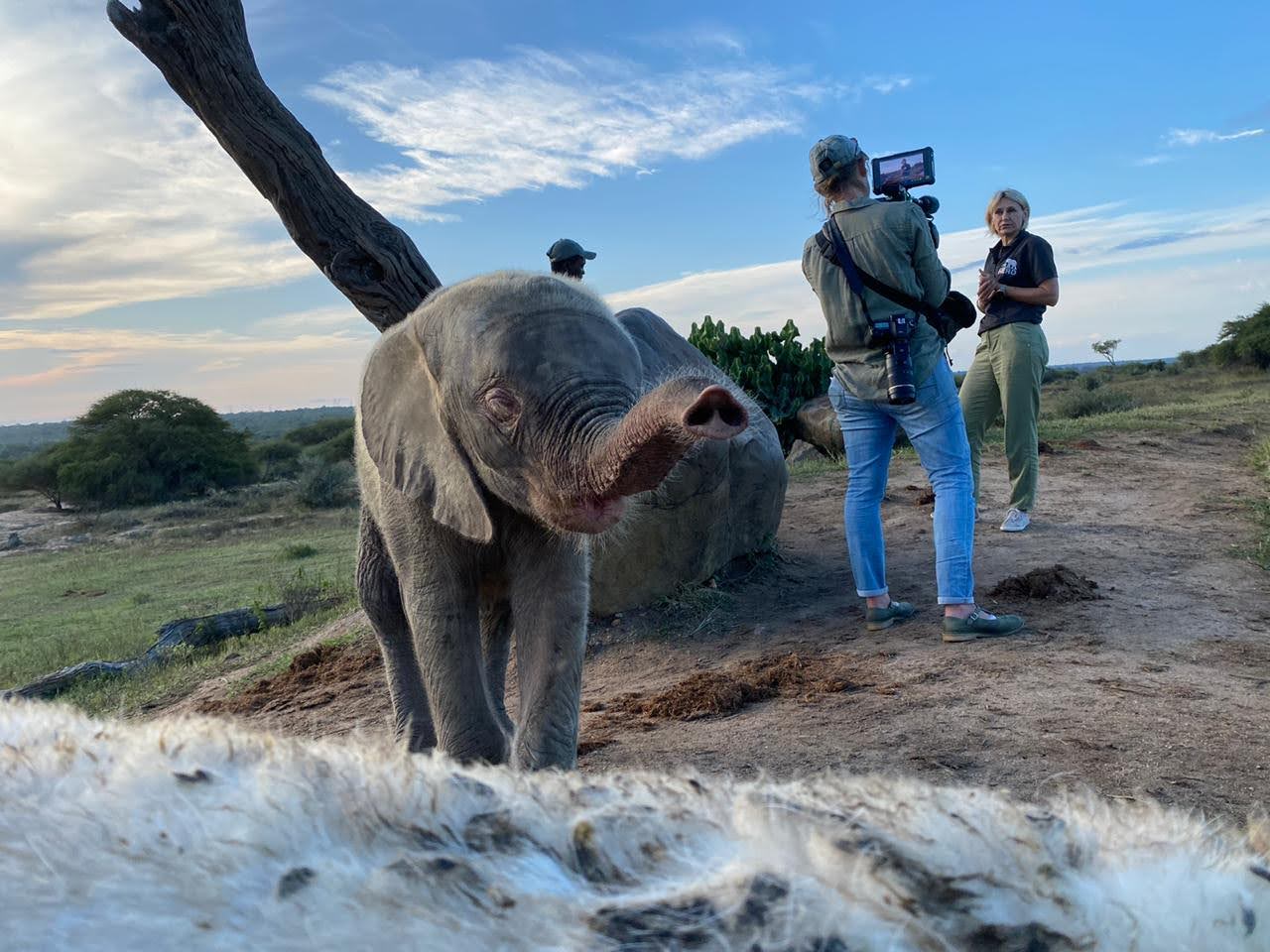One of the greatest challenges and essentials in caring for baby elephant orphans is making and providing the correct milk formula to ensure that fast-growing calves receive the correct nutrition.
To keep the orphans healing well, growing strong and roaming energetically, we need to provide them with the energy to do so. When they first arrive at HERD, milk is a key and essential form of sustenance, giving the baby what their mother is not around to provide.
A baby elephant’s milk formulation is exceptionally delicate and needs frequent adjustment, with extra nutritional supplements as they grow, as their mother’s milk would change naturally through the weaning stages and evolving needs.
Colostrum is a special ingredient produced in the breast fluid of an elephant mom before she releases breast milk. It contains high levels of antibodies, immune cells and growth hormones and is extremely nutritious and essential in allowing a newborn elephant to get off to a good start. It’s likely that Khanyisa received her dose of colostrum before being caught in the snare and separated from her mother at four months old. Not all elephant orphans, if abandoned early in their lives, are that lucky.
The gut of a baby elephant is extremely sensitive.
When an orphan has diarrhea, it has a ripple effect. It starts by impacting their gut lining, which in turn changes their energy levels and affects their emotional wellbeing. They can move from hero to zero in a short period. Daily records of their feeding and bathroom habits are essential so to monitor whether they are excreting or urinating more than what they take in. Like human babies, they are very fragile and can quickly dehydrate.
Each orphan that enters our care at HERD has his or her own individual needs and a particular milk formula that suits them, and that alters as they grow or go through changes. There is no one size fits all recipe. We consult with Dr Professor Eddie Webb of Pretoria University continuously regarding the orphans’ milk formula and their ever-changing needs.
The females of the Jabulani herd are not lactating (producing milk) as they are on contraception, since it is not part of our objectives to breed with the rescued herd.
Therefore, we supply the orphans like Khanyisa with an essential milk formula and plan to do so until the elephant is fully weaned – at 4 to 5 years of age. Timisa, the other little orphan already successfully integrated into the Jabulani herd is still receiving milk (to supplement her foraging) and will be weaned soon.

Making the milk formula and feeding the orphans is the task of our incredible, dedicated carers who are with the baby elephants around-the-clock.
With Khanyisa, our carers are by her side to slip special milk bottles of high-fat, high-protein formula into her little mouth several times a day. It took some training to get our team used to the special needs of Khanyisa in the very beginning, as the snare-made wounds around the calf’s mouth made feeding her more difficult than with other orphans.
The carers learnt quickly and were able to make sure Khanyisa received the sustenance she needed without too much discomfort.
Months later, Khanyisa is a champ at receiving her bottles.
During her gradual integration with the Jabulani herd, she started with two hour walks with the elephants in the wild, and would receive a milk bottle at the orphanage on her return. Now that she has branched out into the next phase of her development at HERD, and gone on longer and longer walks with the Jabulani herd, our carers accompany her to provide her with a milky drink during the four or so hours that she is out in the wilderness.
The little albino elephant has adapted well to this change!
The other elephants in the Jabulani herd have shown plenty of interest in these bottle feedings in the bush too and given the milk good trunky sniffs. Adine has even given some of the herd a taste of Khanyisa’s milk!
Another essential addition to the diet of baby elephants – especially as they start to eat more solids – is dung.
Particularly, the faeces of their mother or other older members of the herd. For the little orphans at HERD, we not only feed them fresh raw-and-ready dung provided by the Jabulani herd, conveniently right next to the orphanage, but also dung in the form of occasional “shit shakes” – dung mixed with milk, oil and water.
The purpose of dung in the diet of young elephants (known as “coprophagia”) is to provide essential bacteria that assists the calf in digesting the vegetation that they eat – bacteria that they are not able to produce when they are so young. The bacteria helps to break down plant matter in their intestines and helps to boost not only digestion but also the immune system.
While the poop may be free of charge… the milk is not.
The funds raised through our valued fosters and donors go towards the provision of the orphans’ essential milk bottles.
We are forever grateful for the love and support from people around the world who enable us to continue to provide orphans like Khanyisa with the nutrition and energy she needs to keep growing into a strong and healthy elephant, with an adoptive herd of her own.




 Comment
Comment







